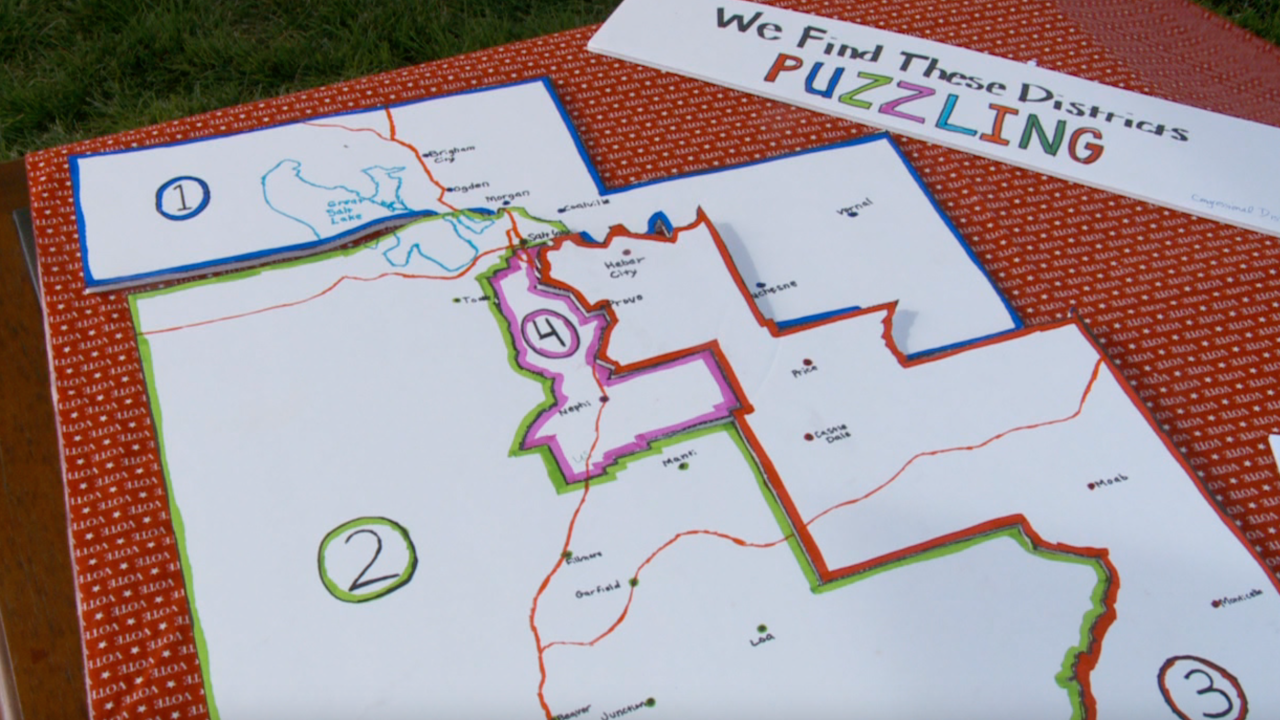SALT LAKE CITY — The judge overseeing the lawsuit over Utah's congressional maps has rejected the legislature's request to halt the case.
In her ruling issued late Tuesday, 3rd District Court Judge Dianna Gibson denied a stay sought by attorneys for the Utah State Legislature.
"...the Legislative Defendants argue that a stay is necessary to avoid irreparable harm. This argument assumes that the Court erred, that the error will impact the injunction, and that a final decision on appeal cannot be issued before critical election deadlines pass. The Court disagrees," she wrote.
"We are more than a year away from the 2026 midterm elections. Statutory election related deadlines are put in place to ensure a timely and orderly election process. While the Court has requested more information regarding the statutory deadlines, history has demonstrated that these deadlines are not set in stone and can be moved without impacting the 2026 elections. In addition, while appellate briefing and arguments may need to proceed under a compressed schedule, it is not impossible for the parties to have a final decision from the Utah Supreme Court in time for and without impacting the 2026 midterm elections."
The move is not surprising, but it is an important step in the case. It allows the legislature to formally seek a stay from the Utah Supreme Court and begin the appeals process.
Last week, Judge Gibson sided with the League of Women Voters of Utah and Mormon Women for Ethical Government who sued the legislature arguing that it improperly overrode Proposition 4 and imposed congressional maps that amounted to gerrymandering to favor Republicans. Prop. 4 was passed by voters in 2018, creating an independent redistricting commission to draw maps for congress, legislature and school board. The legislature disregarded those maps and imposed its own.
The ruling has upended Utah politics with even President Trump weighing in. Republican legislative leaders have said they will comply with the judge's order to draw new maps. In an interview with FOX 13 News, House Speaker Mike Schultz, R-Hooper, said he would still favor a mix of rural and urban areas in congressional districts. The plaintiffs in the lawsuit insist the maps must comply with Prop. 4.




